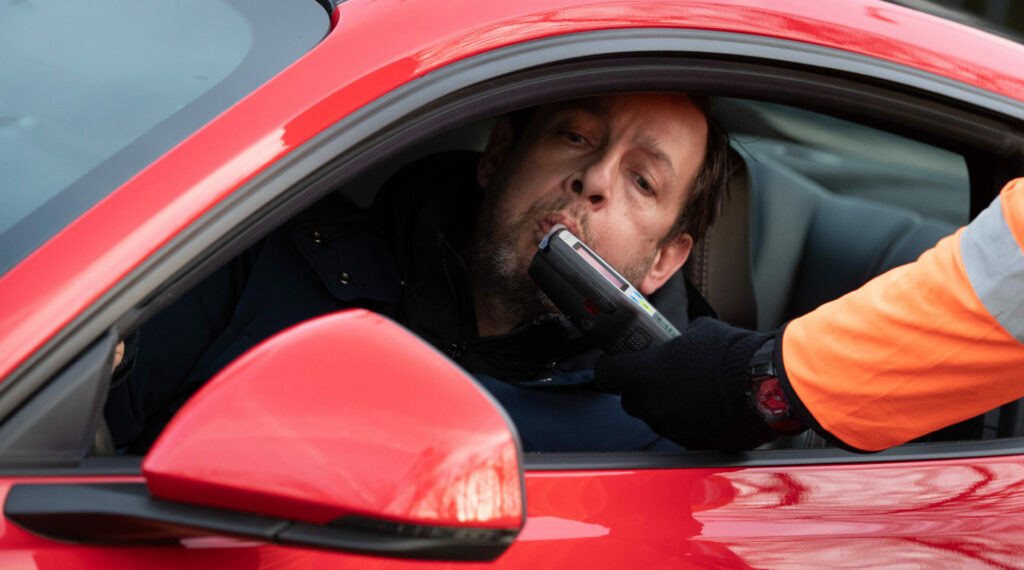Though drink driving fell during the pandemic as public health restrictions put an end to events where people often both drink and get to by car, alcohol-related accidents are rising again.
In the first nine months of this year, a total of 3,138 accidents were recorded in which a driver had consumed too much alcohol. This is the highest number of alcohol-related accidents since 2016, according to Vias road safety institute. In the same period last year, this figure was just under 2,500.
This increase is also reflected in the total number of drivers caught drinking while driving in various checks carried out by the local or federal police. In the first half of this year, 22,779 drivers, or 126 per day saw their driving licence being revoked for a few hours.
Others faced penalties ranging from a fine of €179 to €16,000, depending on the level of alcohol intoxication. In the worst cases, a mandatory installation of an alcohol lock was imposed, up to a five-year driving ban.
Back to old ways
Various studies already confirmed that the number of people driving under the influence of alcohol is increasing in Belgium. For this reason, the police are carrying out more checks to crack down on this problem, which is resulting in the chance of getting caught increasing.
A recent survey by Vias showed that one in three people in Belgium (36%) has had to undergo an alcohol check in the last three years. However, the institute stressed that the checks alone are not enough, and that there is "still a need to raise awareness and monitor drink-driving," and that people hold each other accountable for "unacceptable behaviour in traffic."

The police stopping vehicles during the Bob campaign last year. Credit: Belga/ Benoit Doppagne
"As policymakers, we are highly committed to fighting alcohol behind the wheel. At the same time, we must also work on changing attitudes, because just like excessive speed, mobile phones behind the wheel or drugs, alcohol is a major killer in traffic in Belgium every year," Georges Gilkinet, Federal Minister for Mobility, said.
'Slap in the face'
This is the main goal of the annual so-called "BOB campaign" — BOB refers to the person who doesn't drink when they have to drive, personifying the designated driver who takes people home safely — which for the last 27 years has been organised during the end-of-year period.
From Friday 25 November, posters with the campaign slogan emphasising BOB's basic principle — that the person who drives doesn't drink — can be spotted along motorways in Belgium.
At the same time, the local and federal police will be carrying out extra checks for drink-driving across the country until January 30, during which drivers can expect to face possible checks at any time of the day and at any location. This period covers the World Cup event, as well as the entire end-of-year period (including Christmas and New Year).
"The figures prove it: the BOB campaign remains badly needed. Too many people still drive under the influence of alcohol," said Home Affairs Minister Annelies Verlinden, adding that the latest figures are "a slap in the face" of victims of a road accident in which alcohol was the cause and people who lost a loved one in this way.
"And so the police are continuing alcohol checks. The ultimate goal is to reduce the number of drivers who blow positive to zero, and create a traffic-safe situation for all road users."

